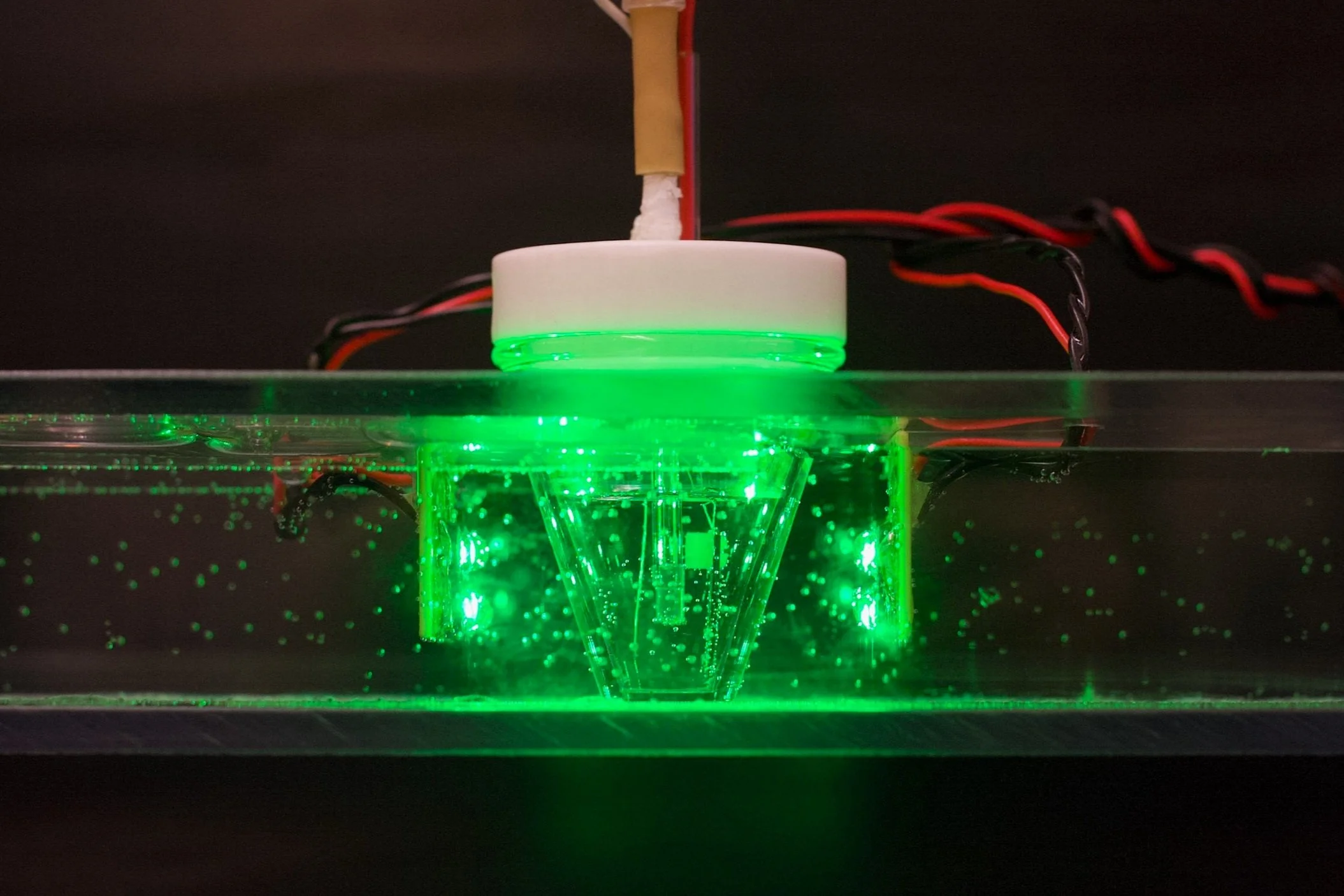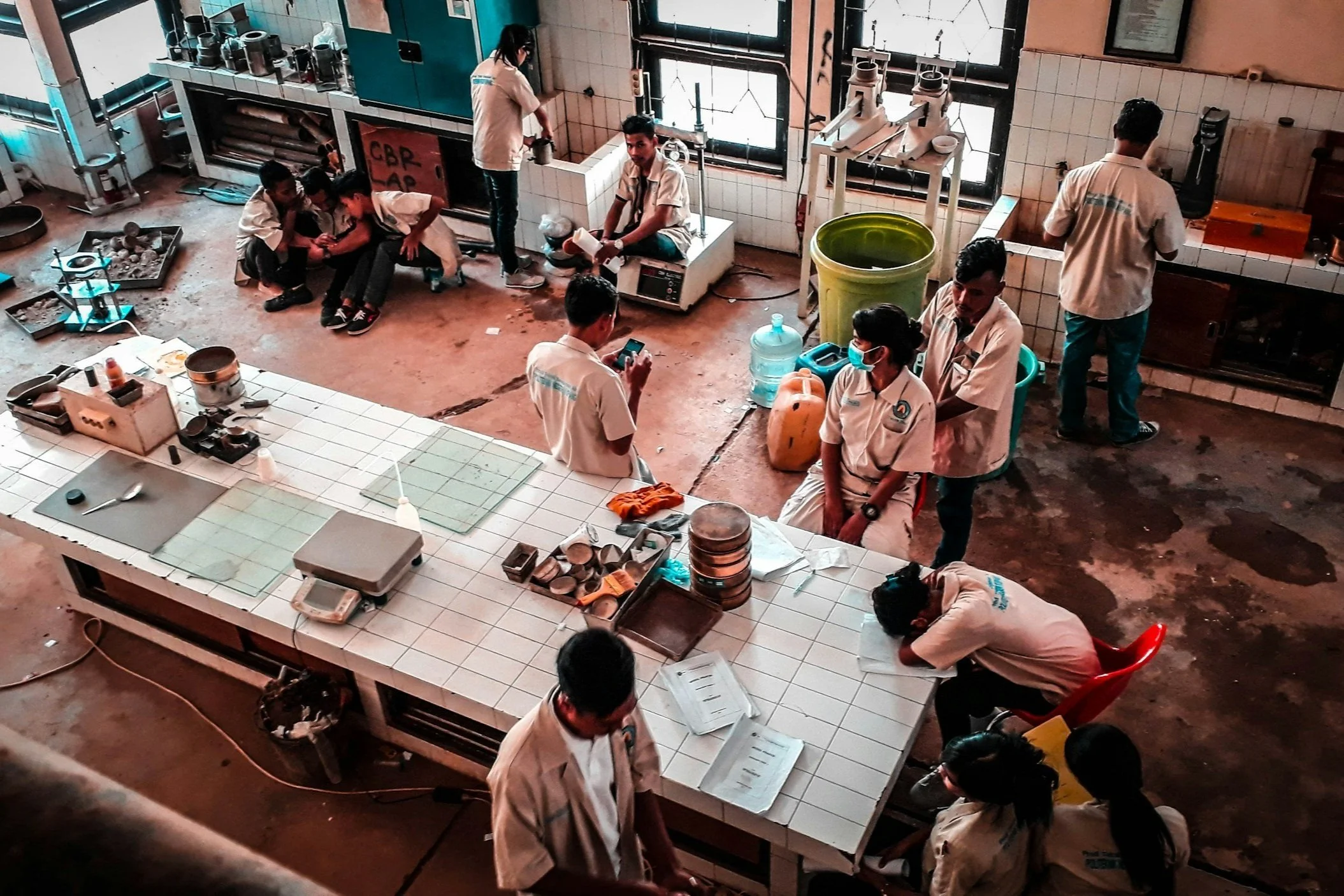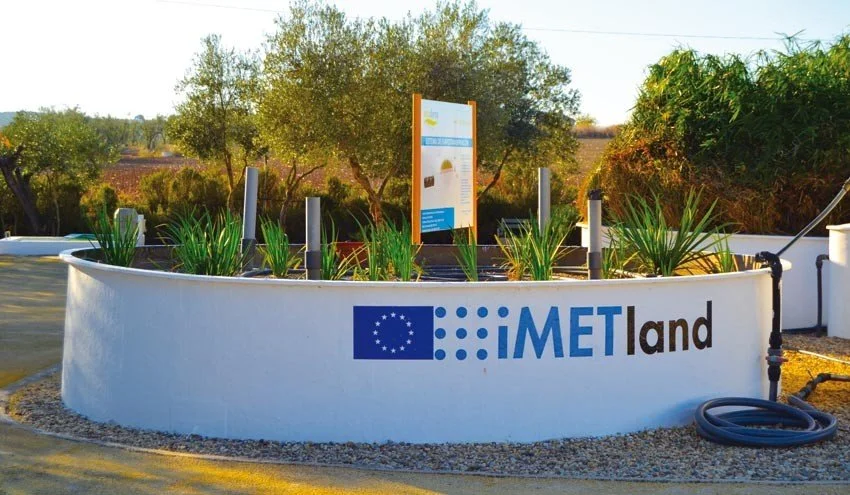At Ismet, applicability is key.
Therefore we always have one leg in the real world, constantly collaborating with industrial partners.
Collaborate with us
Our approach
Applicable
Research should make a difference in the real world. We focus on turning scientific insight into practical applications.
Sustainable
We harness biological processes to create sustainable, durable technologies with minimal environmental impact.
Interdisciplinary
Our solutions draw from chemistry, physics, biology, and engineering—because real-world challenges need cross-cutting expertise.
Previous collaborations
METRIS: from textile wastewater to clean drinking water
METRIS EG‑UK is a research initiative led by the University of Westminster and Newcastle University, exploring how microbial electrochemical systems can bring clean water and energy to underserved communities. The project combines bioelectrochemical reactors with remote monitoring tools, aiming to create low-cost, decentralized sanitation solutions. In-field trials across the UK have tested cloud-connected biosensors and small-scale electromethanogenic reactors.
ISMET member Prof. Ola Gomaa, Head of the Biotechnology Division at the Egyptian Atomic Energy Authority in Cairo, contributed to METRIS, helping bridge the research to community-driven implementation. METRIS demonstrates how microbial technologies can be both socially relevant and technically robust. We welcome partners interested in deploying or co-developing these kinds of smart, sustainable systems.
METfilter: boosting up wastewater treatment
METfilter is a modular wastewater treatment technology that grew out of academic research and has now been successfully commercialized. Developed by ISMET member Prof. Abraham Esteve-Núñez and his team at IMDEA Agua, METfilter builds on the METland® concept, using electroactive microbial communities in conductive beds to clean water efficiently and sustainably. Its modular, plug-and-play design allows it to be adapted for small communities, hospitality settings, or even single households - offering up to 30-fold reduction in physical footprint compared to conventional systems.
This spin-off is a great example of how microbial electrochemical technologies can bridge science and application. With flexible scaling and minimal energy input, METfilter shows how bioelectrochemical innovation can meet real-world challenges in water management. We're proud to support collaborations that turn research into impact - if you’re working on sustainable sanitation or decentralized treatment, let’s connect.






